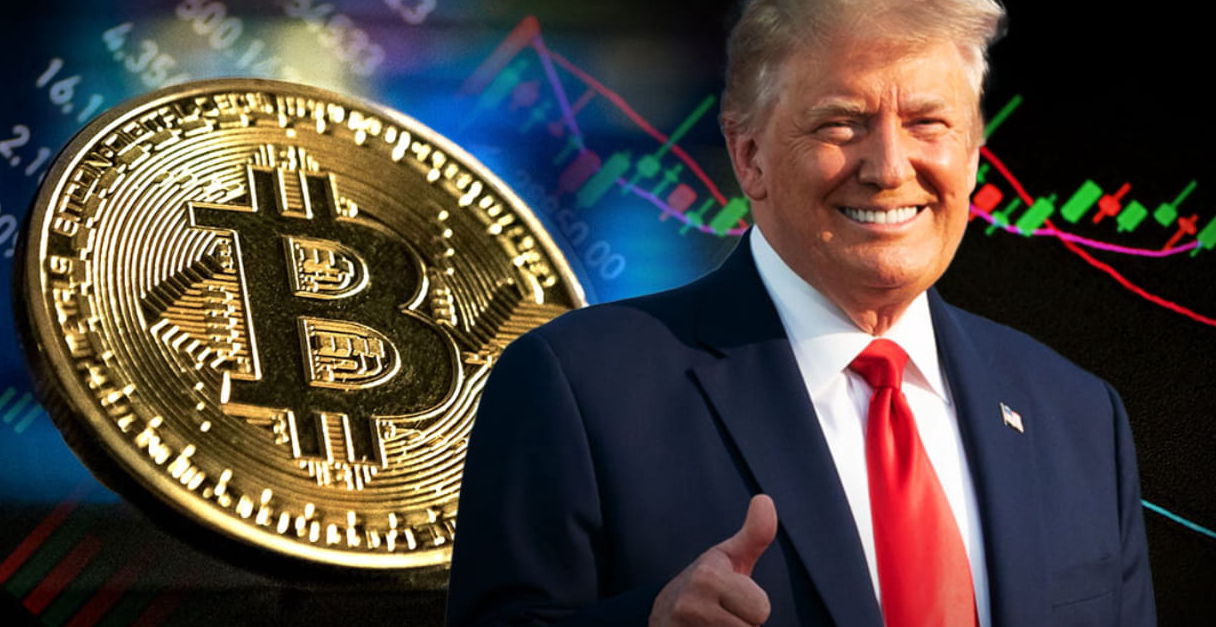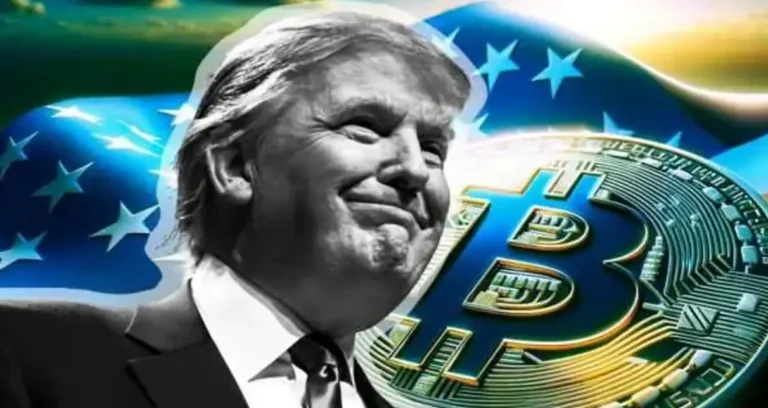Trump Media cryptocurrency Media & Technology Group (TMTG), the parent company behind the social media platform Truth Social, has announced plans to raise an estimated $3 billion to invest in cryptocurrencies. This bold and unprecedented move could significantly alter the intersection of politics, media, and financial technology. This calculated financial move positions TMTG at the forefront of the digital asset revolution, indicating an aggressive push into decentralised finance (DeFi), blockchain-based ecosystems, and tokenised economies.
Knowing the Vision of Trump Media & Technology Group
Initially established by former U.S. President Donald J. Trump, Trump Media & Technology Group was first meant to compete with mainstream social media sites, which were allegedly guilty of extensive censoring of conservative viewpoints. Using Truth Social as its primary offering, the company aims to create a media ecosystem free from Silicon Valley’s ideological influence and to amplify free expression.
This new endeavour into the bitcoin market marks a major operational turn for TMTG. According to inside sources and early investor reports, the group plans to invest in Web3 startups, decentralised applications (dApps), and potentially blockchain-based media distribution channels, in addition to acquiring top-performing cryptocurrencies, including Bitcoin (BTC), Ethereum (ETH), and Solana (SOL).
Why raise $3 billion—and why now?
TMTG’s announcement timing is not haphazard at all. Trump’s group appears to be aligning itself with the rising libertarian and anti-establishment attitudes associated with crypto adoption as the 2024 U.S. presidential elections approach and digital assets become a more politicised issue.
Furthermore, recent data from the Commodity Futures Trading Commission (CFTC) and the U.S. Securities and Exchange Commission (SEC) indicate a gradual yet developing regulatory clarity regarding cryptocurrencies. Digital assets are becoming increasingly accepted as a long-term store of value and a valid financial instrument for institutional investors, hedge funds, and even political actors. The capital raise strategy of TMTG demonstrates both an ideological alignment with the decentralisation movement and a financial investment.
Strategic Connotations for the Market for Cryptocurrencies
Should Trump Media be successful in generating and distributing $3 billion, the knock-on effects across the bitcoin scene may be explosive. Particularly those seen as aligning with conservative or libertarian tech values, the injection of such a large capital sum would likely result in brief price increases across several currencies and tokens.
Furthermore, especially from groups that might have been dubious of the crypto economy, this investment could bring in a fresh wave of retail and institutional involvement. This action may also help shape public opinion of blockchain technology as a viable alternative to traditional media platforms and conventional financing methods. TMTG is essentially claiming a future in distributed infrastructure, not only making cryptocurrency investments.
Trump Media Taps Into the Crypto Wave
The adoption of cryptocurrencies over the past several years has progressed from early retail investors and tech-savvy millennials to include major businesses, pension funds, and even national governments. While companies like Tesla and MicroStrategy have invested billions in Bitcoin, El Salvador has notably adopted it as a legal tender. Trump Media is leveraging an existing trend by including this increasing chorus of well-known adopters, therefore redefining it politically.

Furthermore, opening new areas for content monetisation is a calculated move. Micropayments, NFTs, and token-gated communities, made possible by blockchain-based systems, align with Truth Social’s goal of building an alternative media ecosystem. TMTG might enable artists, support censorship-resistant material, and even tokenise political campaigns by including crypto technologies.
Risks and Complications Around the $3 Billion Crypto Project
The proposal has detractors, even with the enthusiasm and media coverage. Particularly about securities classifications, Know Your Customer (KYC) rules, and anti-money laundering (AML) compliance, regulatory ambiguity persists in the United States. Given Trump Media cryptocurrency controversial past with government entities, TMTG’s crypto assets could attract attention from federal authorities if mishandled. Furthermore, the volatility character of the bitcoin marketplaces is quite risky.
A rapid decline could destroy TMTG’s portfolio, therefore compromising its larger corporate model and lowering the stock value. Critics further contend that the effort is more of a political spectacle than a financial tool. Trump Media cryptocurrency may be attempting to boost his populist appeal ahead of a potential 2024 presidential run by associating with cryptocurrencies, which are sometimes viewed as tools for evading government control.
Expert Review and Market Reactions
Financial analysts have responded with wary hope. While aspirational, others feel the $3 billion estimate is reasonable given Trump’s fundraising skills and current investor interest in alternative media projects. Others worry about the possibility of market manipulation or the development of Trump-aligned cryptocurrencies that would skew the ideological purity of the area.
Prominent members of the cryptocurrency community, including Anthony Pompliano and Cathie Wood, have spoken out about the growing politicisation of Bitcoin and digital assets. While Pompliano has discussed the likelihood of political leaders embracing cryptocurrencies to escape centralised authority, Ark Invest’s Wood continues to advocate for Bitcoin as a deflationary hedge.
Trump Media’s Crypto Move
The enterprising approach of Trump Media to cryptocurrencies could catalyse greater acceptance among politically active groups. Blockchain-based voting systems, distributed political funding platforms, and perhaps politically themed NFT markets could all result from it. The junction of politics and distributed technology creates the path for a pretty different kind of digital government.
Furthermore, the action fuels the continuous argument on whether cryptocurrencies should be ideological tools or apolitical financial mechanisms. Neutrality could become increasingly difficult to maintain as more political entities occupy the territory.

